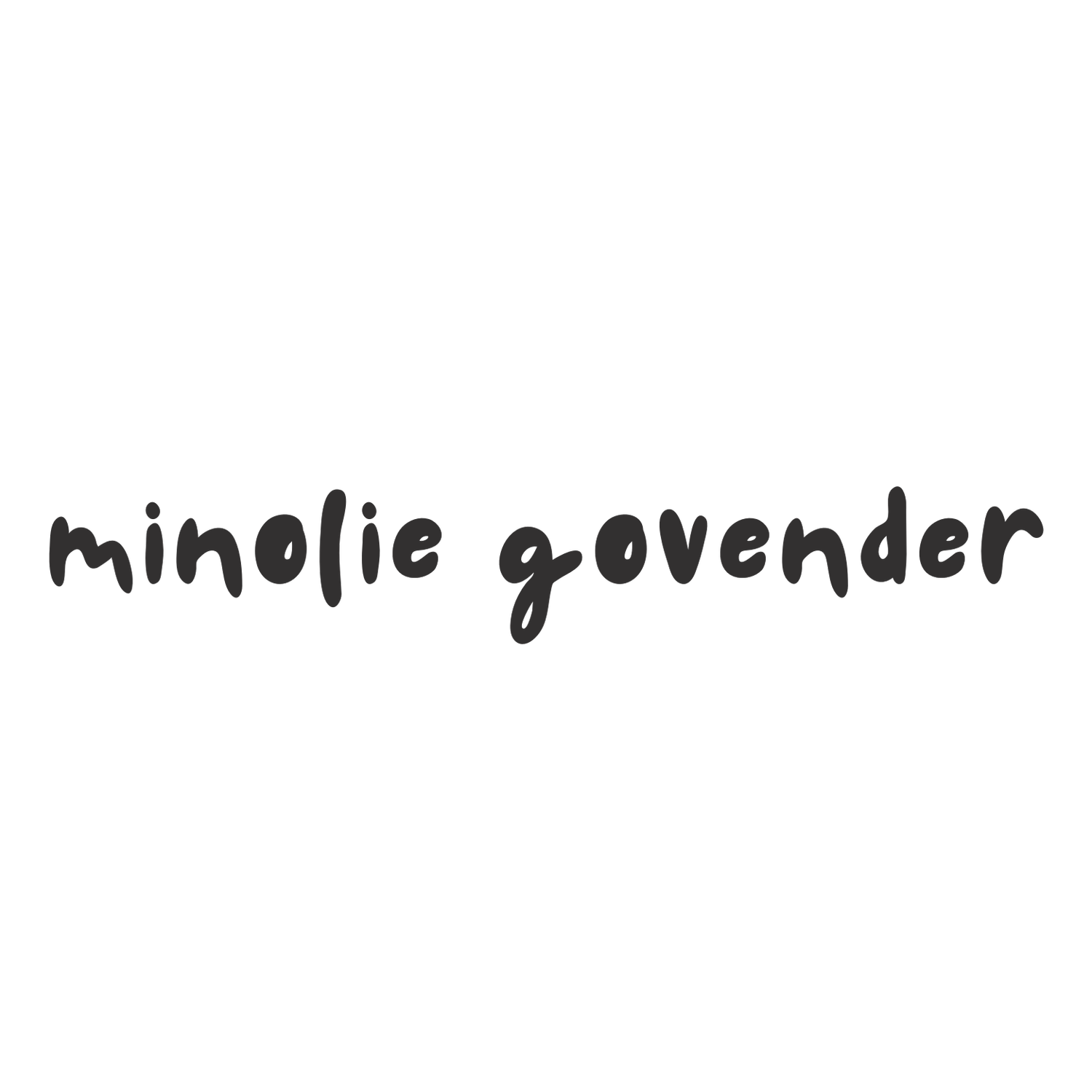Who is coaching for?
We are committed to being accessible and inclusive of all individuals irrespective of their individual circumstances or characteristics, and can draw on a strong referral network if we are unable to work together to find the best fit for you.
We may be a good fit if you may be looking for support with:
Transition and change
Anxiety, stress and burnout
Relationship and family issues
Grief and loss, letting go and moving on
We combine techniques from across disciplines
We combine psychology-based coaching with experiential techniques such as writing and sound as art therapy and restorative yoga & pranayama-based breathing techniques.
This approach allows us balance understanding the past with experimenting with change into the future when working with you.
Sessions draw from a combination of the following:
Talk therapies and techniques
Solution Focused Therapy
Cognitive Behavioural Therapy
Acceptance and Commitment Therapy
Visualisation meditations
Somatic techniques
Diaphragmatic breathing and Pranayama
Art therapy (writing and sound therapies)
Restorative yoga and assists
What to expect
Sessions are based on the following five principles which have been adapted from various models of change:
Ease
Stillness is gold, so our sessions will start with body based somatic therapies to ease your nervous system
Listen
In the stillness, you get to know yourself. You’ll learn the art of reflective practice to understand your experiences
Reflect
Add insight to your reflections by thinking creatively to add meaning to what you are observing within yourself using art therapy
Learn
From meaning comes understanding where you are and where you want to be. This is where you’ll understand what needs to change
Experiment
The magic lies between sessions where you make these changes and together in follow up sessions, we will reflect and refine until you are where you want to be
We don’t define yoga as an exercise alternative for temporary relaxation. Instead, we draw on yoga philosophy that teaches self-realisation to free the mind.
The thinking behind our practice
Our sessions are also guided by the following concepts that describe the thinking behind our practice:
Use of original yoga philosophy:
One thing we want to be very clear about is that the use of the word ‘yoga’ at ease, is not what it has come to be outside of India. We do not define and use yoga as an alternate form of exercise or for temporary relaxation.
Instead, we draw on yoga practices and philosophy that teach self-realisation by overcoming challenges of the day to day to free the mind.
In practice this looks like discovering your purpose and identity and connecting with yourself, through challenging what you know as truth about the world and your existence in it.
Trauma focus:
Trauma can be something extreme like a freak accident, but it can also be the impact of a build up of stressors such as the pressure of social expectations & cultural expectations, day to day work stress and relationship challenges.
It’s frames your day to day so you aren’t always aware of how it influences your thoughts and actions. This can mean your decisions may be based on self-limiting beliefs and come from a place of fear. However, you shouldn’t be limited by these experiences, even though this is what you know and are familiar with. Anything is possible, and there is an alternate reality.
Traumatic memories require sensory and emotional processing, so we combine talk-based coaching method with experiential techniques.
